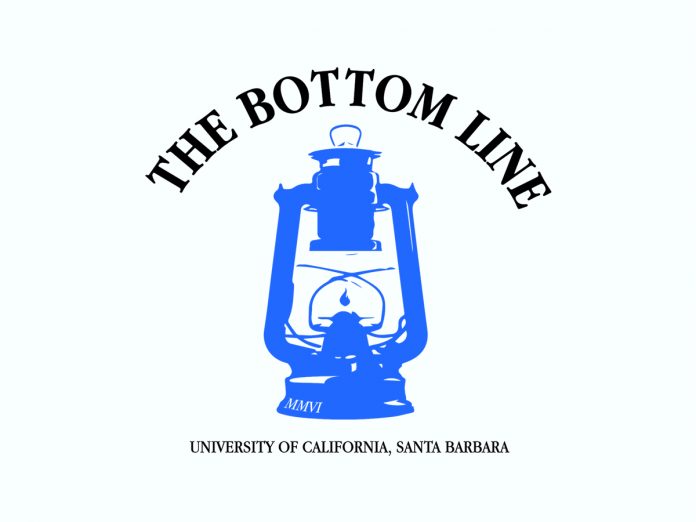Alondra Sierra
Isla Vista Beat Reporter
In the past few months, a number of national events have magnified the ongoing hardships that survivors of sexual assault and harassment often endure. Namely, the subsequent threats against Dr. Christine Blasey Ford following the Kavanaugh hearing and Trump’s most recent intent to change Title IX’s definition of sex, impugning queer and transgender survivors’ identities.
In light of these events, Associated Students On-Campus Senator Zion Solomon coordinated a survivor solidarity event last Tuesday night to create a community safe space for survivors and allies.
During the event campus organizers and community members came together to openly discuss common misconceptions of survivorship, methods of self-care, and how to be an ally for survivors.
Solomon began the event on stage by reminding others that regardless of the varied stories of survivorship, processes of healing, and backgrounds, each one is valid in their own respect.
“You are valid,” Solomon repeated, setting the tone for the rest of the night. The event’s open discussion approach allowed community members to examine and share their thoughts on the matters related to survivorship.
Students Against Sexual Assault Director Emily Montalvo-Telford, spoke about the harms gaslighting can have on a survivor. Gaslighting is a form of manipulation that leads the victim to doubt their sanity, memory, or perception of the event. She encouraged others to refrain from asking a survivor questions about the severity of their situation as it would wrongfully suggest a standard of abuse.
She also recommended ways to be an effective ally for survivors.
“I would say that allyship starts with believing and continues with standing with and up for the survivor,” Montalvo-Telford said. She encourages allies to put the needs and comfort of the survivor over the defender’s needs.
Jeike Meijer, Associated Students External Vice President of Local Affairs (EVPLA), shared her thoughts on allyship with The Bottom Line: “I think it all starts with listening to people, and knowing that people are the experts on their own individual experiences [and] making sure that their stories are being heard.”
Meijer and Solomon brought attention to the communities that face greater risk of sexual assault and harassment like women of color, queer, and transgender communities.
Solomon cited the historical roots behind the disproportionate rates of sexual violence that black women experience. Meijer, who is a Native American woman herself, spoke on the sexualization and violence towards Native women.
According to a national survey, more than half of Native women have experienced sexual violence in their lifetime while approximately 1 in 5 black women are rape survivors.
“I think it’s important to note the exotification that certain groups feel,” Meijer told The Bottom Line. “It’s important to understand identity and how that changes policy and people’s experiences and just how people are going to react to those experiences when you try to open up.”
After the event ended, students cleared out of The Hub with goody bags containing notes of positivity and treats. On stage, conjoined signs remained that read This is a Movement, Not a Moment.











